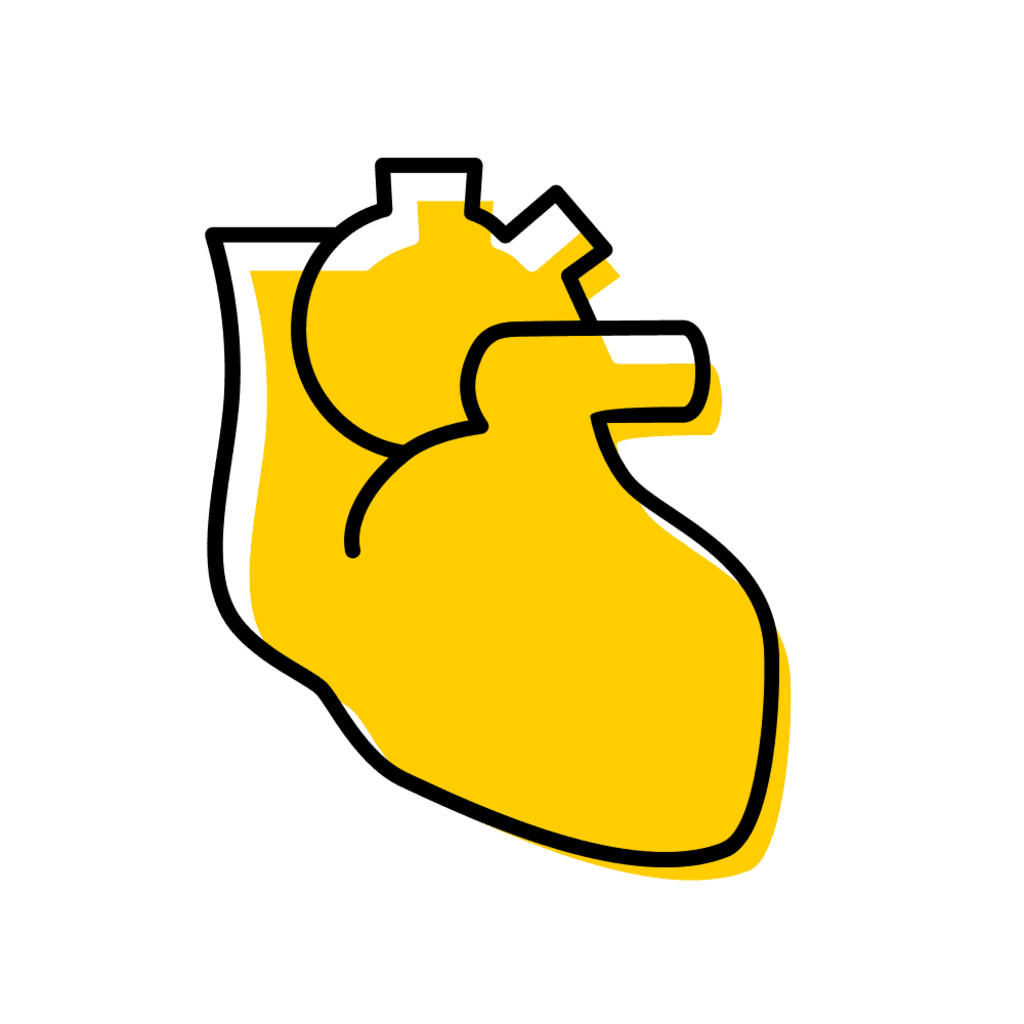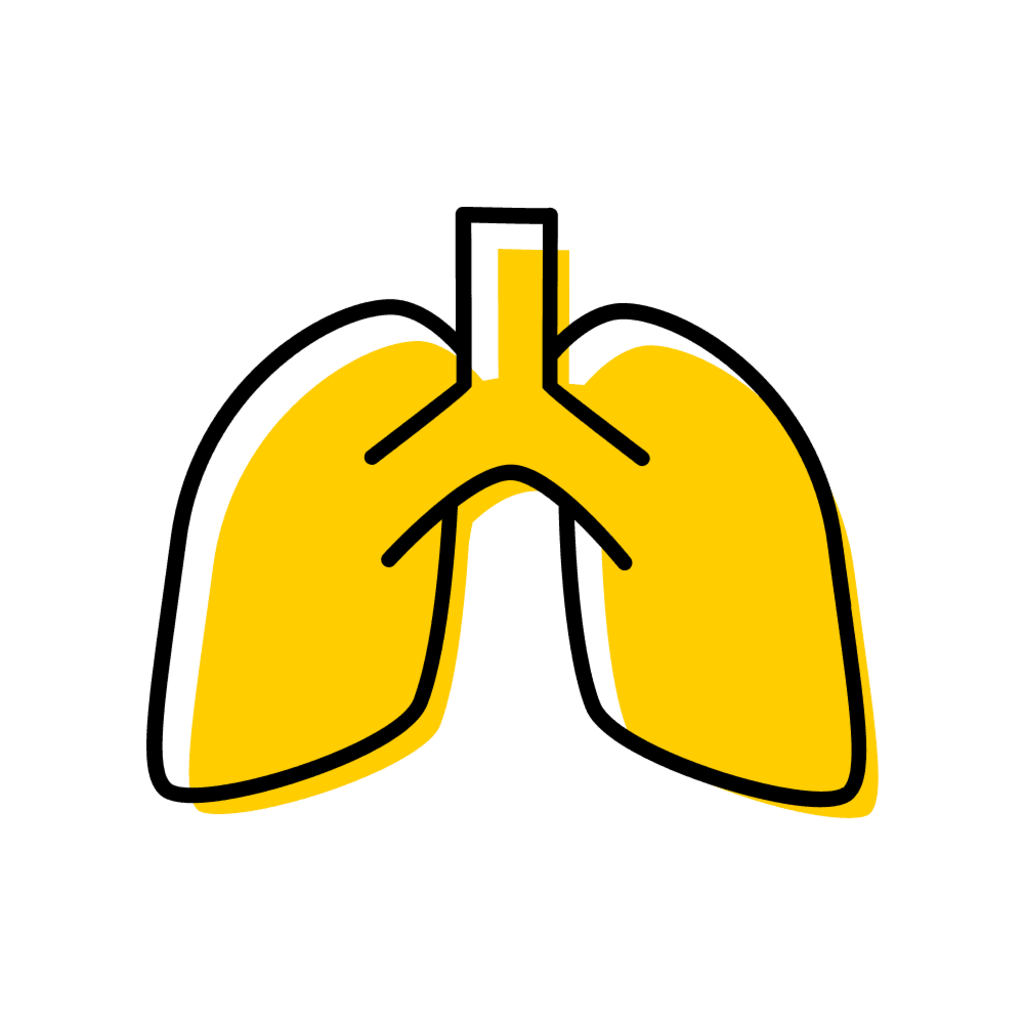Main navigation
The ACRC was established in 1974 as the first major University of Iowa multidisciplinary, biomedical research initiative. ACRC investigators have made fundamental discoveries that have led to a greater understanding and more skillful management of heart disease and stroke. Ongoing studies include basic, translational, clinical, and outcomes research.

Arrhythmias and Sudden Cardiac Death
Despite great progress in the treatment of many forms of cardiovascular disease, heart failure and arrhythmias continue to take a severe toll, with heart failure affecting more than 5 million people in the United States and responsible for more than 300,000 deaths per year. Predicting who is at highest risk for sudden death remains problematic, and there are no pharmacological agents to reliably prevent it. Since the ACRC is already home to some of the best basic science research in the field of arrhythmias, calcium handling, and heart failure, among its top priorities is the development of novel therapies and diagnostic prediction tools for these lethal progressive conditions. The ACRC heart failure and arrhythmia program aims to find innovative methods to translate basic research on molecular pathways related to cardiac electrical and mechanical function into new therapies.

Atherosclerosis and Vascular Biology
ACRC researchers in atherosclerosis and vascular biology employ physiological, pharmacological and molecular approaches to study mechanisms believed to contribute to vascular disease and stroke. A major focus is on the role of oxidative stress at the cellular level, an imbalance believed to be involved in atherosclerosis, heart failure and heart attacks – as well as Alzheimer’s disease, cancer, Parkinson’s disease and other ailments. By studying the endothelium, or inner lining of blood vessels throughout the body, researchers gain greater insight into both the basis of normal function and how mechanisms break down in the presence of cardiovascular disease risk factors such as hypertension, diabetes, inflammation and aging.

Cardiomyopathies and Muscular Dystrophies
Research at Iowa led by Dr. Kevin Campbell, a Howard Hughes investigator, first identified the correlation between the genetic flaws in muscle cell proteins causing muscular dystrophy and comparable disruptive processes in vascular function that cause injury in cardiac and skeletal muscles. Ongoing work in the labs focuses on the mechanisms that maintain muscle cell membrane integrity. The goal is to develop pharmacological or genetic therapy strategies to treat muscular dystrophy and related disorders in skeletal, cardiac and smooth muscles. In addition, scientists are examining disruption of the same critical dystrophinglycoprotein complex in non-muscle tissues, including brain and peripheral nerves.

Cardiovascular Genetics and Development
ACRC researchers in cardiovascular genetics and development seek to expose the genetic basis and molecular mechanisms that drive arrhythmias, heart failure and sudden cardiac death (which affects 5 million people and claims 300,000 lives annually in the United States) – as well as for congenital heart defects, a major cause of infant death and severe health problems in adults. By identifying genomic predictors of sudden death and gaining a clearer picture of other triggers involved, ACRC researchers, including director Dr. Barry London, aim to help foster the creation of new diagnostic and therapeutic tools in clinical cardiology that improve do a better job of identifying and treating patients at risk of sudden cardiac death or severe arrhythmia.

Cystic Fibrosis, Pulmonary Hypertension and Other Lung Diseases
Groundbreaking work in cystic fibrosis (CF) led by another Howard Hughes investigator, Dr. Michael Welsh, a physician-scientist, highlights the breadth of the ACRC vision, which incorporates cardiovascular systems but also other organ systems and diseases. Investigators in Dr. Welsh’s group are seeking to understand the biology of CF, a lethal disease caused by a defective gene and its protein product. With an eye to developing treatments, researchers at Iowa are uncovering the fundamental mechanisms of CF, including how normal cell membrane function is disrupted by the CF genetic mutation and how bacteria interact with airways in people with the disease. Welsh and colleagues are also developing viral and non-viral gene transfer techniques to treat CF and related genetic diseases.
Pulmonary scientists at ACRC are also studying the DEG/ENaC cation channel “superfamily,” which is critical for the sensations of touch, pain, temperature and salty taste in the peripheral nervous system. These channels, which may also play a role in asthma and ischemia, are potential new targets for drug development.

Diabetes and Obesity
Diabetes and obesity, epidemic in the American population, are closely related to the development of heart failure and arrhythmias. ACRC researchers are focused on understanding the complex molecular mechanisms that link hypertension, obesity, and metabolism in the quest to identify pathways that can be translated into novel therapies for cardiovascular disease. Research efforts include investigating the role of mitochondria in cardiac metabolism and development, measuring how cardiac gene expression changes in obesity and type 2 diabetes, and understanding the interplay between the heart and peripheral tissues. Numerous researchers are investigating the role of ion channels and transcription factors in controlling metabolic rate. They recently identified a novel signaling pathway that mediates the heart’s ability to regulate metabolism.

Hypertension
Despite abundant drug treatments for hypertension, overall control remains poor and end organ dysfunction (heart, kidney, brain) are common. This remains true even though hypertension is among the most common conditions requiring medical care, affecting up to 30% of adults in the United States (and over 1 billion people worldwide) and is the most common antecedent condition leading to heart disease, stroke and cognitive impairment. Hypertension has long been a basic science focus of the ACRC, where today numerous senior researchers deploy an array of molecular biological, genetic and physiological approaches to understand and treat this ubiquitous condition.

Inflammation
While inflammation is a fundamental response of most multicellular organisms to infection and injury, deficiencies and poor regulation of inflammation underlies many common and life-threatening clinical disorders. These include infection and sepsis, inflammatory arthritis, tissue rejection and atherosclerotic disease. The University created the Inflammation Program, an interdisciplinary program of investigators with a common interest in understanding the cellular and molecular biology of inflammation, as well as its causes and consequences. One ACRC project focuses on interrupting the brain’s increased expression of pro-inflammatory cytokines driving central inflammation in heart failure. In large clinical trials to date, anti-cytokine agents have failed to thwart the inflammation. ACRC research seeks to identify a single downstream molecular pathway, such as mitogen-activated protein kinases, that could intervene in the pro-inflammatory cytokines system.

Nueorlogical and Neurovascular Diseases
The ACRC was founded in 1974 by Dr. François Abboud, whose career-long quest to understand and manage central nervous system control of the heart and blood vessels continues to this day. It also endures as a central focus of ACRC researchers studying the origins, development, mechanisms and treatment of enormous public health problems such as heart failure, stroke and dementia, among many others. Because the cardiovascular and nervous systems are both entwined and pervasive in the body, rich cross-disciplinary collaboration flourishes between ACRC researchers in heart-related areas such as heart failure, obesity and hypertension, but also between ACRC and researchers in diabetes, biochemistry, pharmacology, neuroscience, human genetics and the Center for Aging. New opportunities continue to arise, giving researchers ample opportunity to exploit the university’s considerable core resources in genomics, proteomics, metabolomics, virology, stem cells and small animal imaging.

Phase II-IV Clinical Trials
The Prevention Intervention Center (PIC) , under the direction of Dr Jennifer Robinson, is an academic resource to facilitate randomized, controlled clinical trials evaluating the effectiveness and safety of new modalities for preventing the occurrence and progression of chronic diseases. PIC primarily focuses on the evaluation of new or established drugs for the prevention or treatment of cardiovascular diseases and their risk factors. Other areas of interest include evaluation of procedures or surgeries, and interventions to maintain physical and cognitive health. PIC maintains a core methodological unit for the design and conduct of intervention studies, provides support for population-based recruitment, and encourages collaborative efforts in evaluating new preventive interventions.

Stroke
Each year about 795,000 Americans experience a stroke, the third leading cause of death. That’s why finding new therapies to treat or prevent stroke ranks high on the priority list for ACRC researchers. Among their projects: studying proteins that function on the mitochondria of brain cells in order to help protect those cells from stroke; Examining mechanisms that regulate the structure and function of carotid arterial walls and cerebral blood vessels in order to develop approaches that stop or delay the progression of large- and small-vessel disease that can lead to stroke and other diseases.

Transplantation and Mechanical Assist
University of Iowa Hospitals and Clinics remains the state’s sole center for advanced heart therapy, using the latest in mechanical assist device therapy and heart transplant. ACRC researchers have participated in pioneering clinical trials in such areas as artificial organs, pediatric cardiac surgery, and transplantation. But therapies for end-stage disease remain limited to cardiac transplantation (which is limited by organ supply, cost and associated morbidities) and advanced mechanical support such as ventricular assist devices (VADs, which are limited by cost and lifestyle disruption). The ability to predict those at highest risk for sudden death is inadequate, and no pharmacological agents reliably prevent it. Development of novel therapies and diagnostic prediction tools for the progressive, lethal conditions in this area is a top ACRC priority.